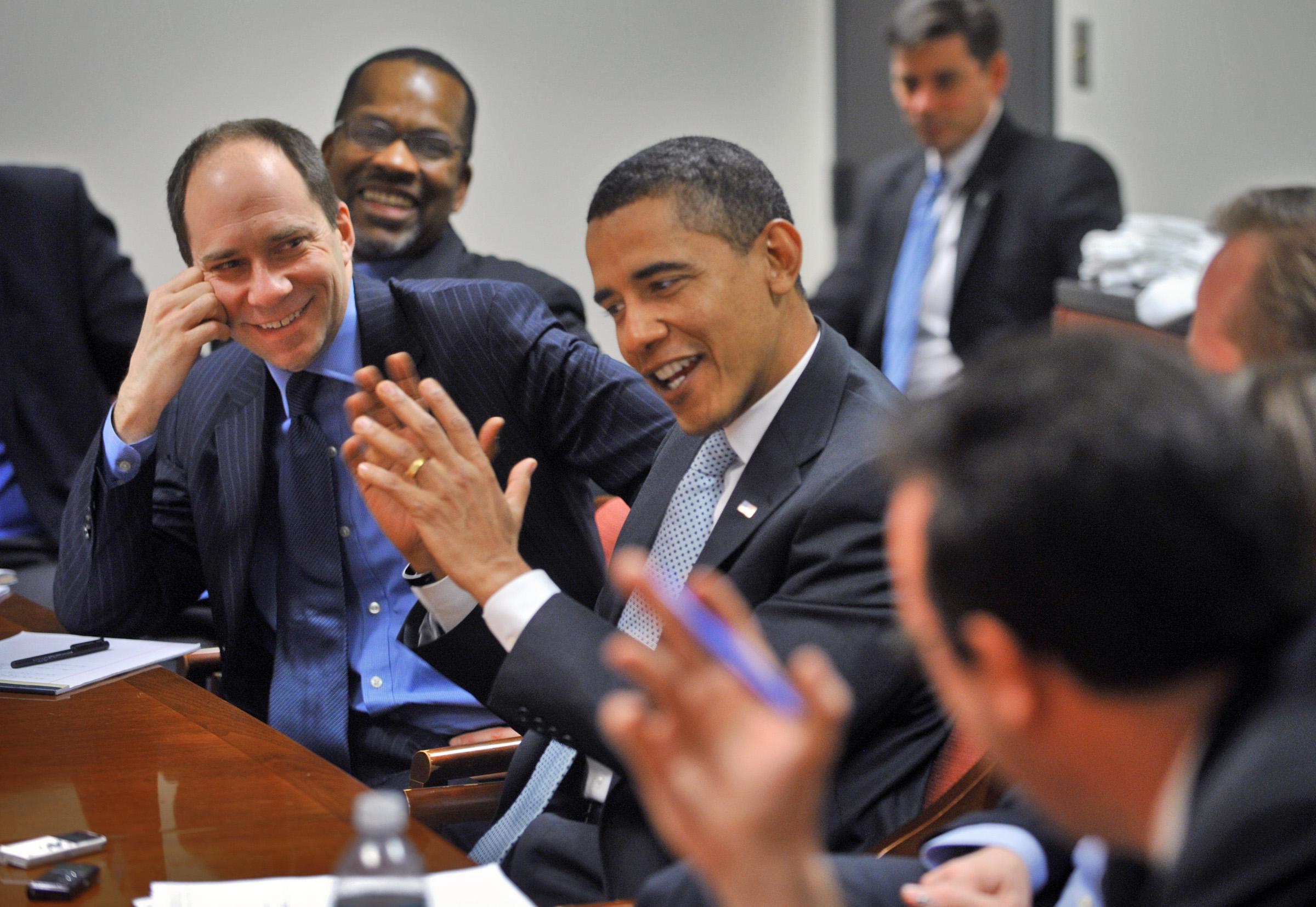A certain strand of Beltway political thought has a problem with the budget deficit. By definition the failure of the parties to agree to a balanced deficit reduction package is equally the fault of both Democrats and Republicans. That’s a core element of BipartisanThink. At the same time, deficit hawks actively want to get politicans to agree with their prescriptions. So the risk always exists that the hawks will get what they want and someone will agree with them. That’s what’s happened with Barack Obama and most of the Democratic congressional leadership. At that point, a paradox occurs since again, by definition both parties are equally to blame.
Jonathan Chait notes that the Washington Post editorial page has seized the bull by the horns today, blaming both sides equally for the sequester standoff, even though the Post’s editorial board dislikes the GOP’s proposed sequester offsets—deep cuts in programs to poor people—and favors the Democrats’ proposed sequester offsets—cuts in farm subsidies and the “Buffett rule.” But where Chait sees illogic, I see the exploitation of an important principle. It involves the use of the word “serious,” as in, “neither party has staked out anything like a serious negotiating position.” By invoking the Principle of Seriousness, a way is provided out of the box. That’s because seriousness can refer both to the merits of an initiative or to its political viability. So scrapping the minimum wage in favor of a Guaranteed Basic Income isn’t a serious proposal, since obviously it stands zero chance of passing Congress.
Once you embrace the Principle of Seriousness, the way is clear for rigorous BipartisanThink. If the parties fail to agree because one party is being unreasonable and the other party is failing to cater to their unreasonable demands, then the apparently reasonable party is in fact failing to be serious. After all, a serious proposal is one that stands a chance of passing. Reasonable proposals will not pass a Congress in which one party is being unreasonable, so by definition the Principle of Seriousness allocates the blame equally to both sides. Balance is restored to the Force.
